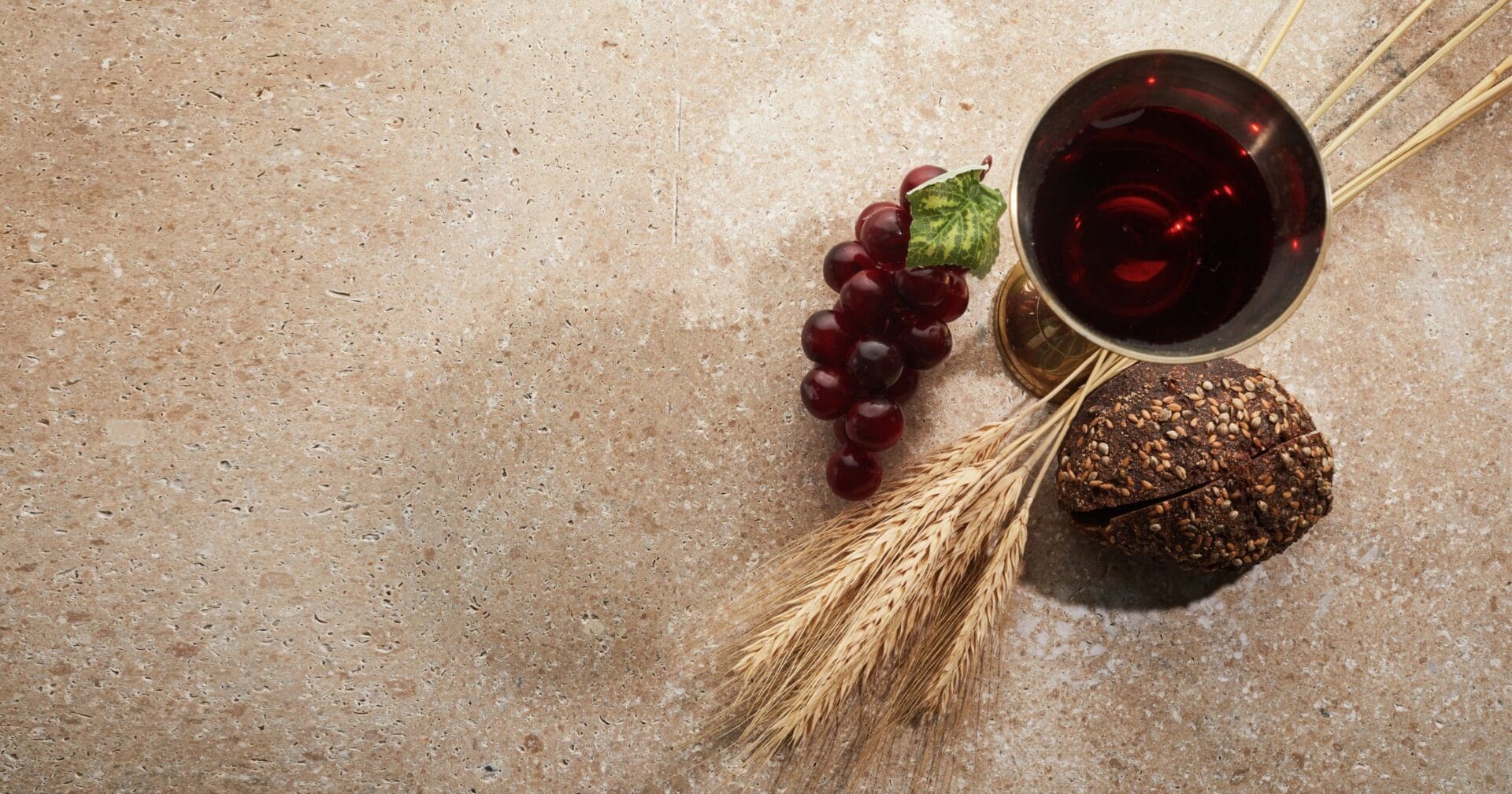From Christ’s first miracle at the Wedding at Cana to being made into the blood of the New Covenant at the Last Supper, it is no secret that wine has played an integral part in Christianity. From the earliest celebrations of the Lord’s Supper, the drink was used in celebration of the Eucharist. However, not all wines are acceptable for use. What kind of wine can be used for consecration?
“The cup of blessing that we bless, is it not a participation in the blood of Christ? The bread that we break, is it not a participation in the body of Christ?” – 1 Corinthians 10:16
Throughout the centuries, various guidelines and criteria were laid down concerning the specifics of wine appropriate for use in the celebration of the Eucharist. The earliest Church teachings on the requirements both bread and wine in the Eucharist come from the papal bull De Defectibus signed in ratifying the Council of Trent.
“If the wine has become mere vinegar, or is completely bad, or if it has been made from sour or unripe grapes, or if so much water has been mixed with it that the wine is adulterated, there is no Sacrament.” – De Defectibus, tit. IV, 1
On August 5th, 1896 further guidelines were laid down in a directive by Congregation for the Doctrine of the Faith regarding additives derived from wine.
“To conserve weak and feeble wines, and in order to keep them from souring or spoiling during transportation, a small quantity of spirits of wine (grape brandy or alcohol) may be added, provided the following conditions are observed:
• The added spirit must have been distilled from the grape (ex genimime vitis).
• The quantity of alcohol added, together with that which the wine contained naturally after fermentation, must not exceed eighteen per cent of the whole.
• The addition must be made during the process of fermentation.”
In 1983, the requirements were formalized within the Code of Canon law.
“The most holy Sacrifice of the Eucharist must be celebrated … in wine to which a small quantity of water is to be added. The wine must be natural from the fruit of the vine and not spoiled.” – Code of Canon Law §1,3
The latest Church teachings regarding Eucharistic matter requirements comes from the 2004 document Redemptionis Sacramentum by the Congregation for Divine Worship and the Discipline of the Sacraments.
“The wine that is used in the most sacred celebration of the Eucharistic Sacrifice must be natural, from the fruit of the grape, pure and incorrupt, not mixed with other substances. During the celebration itself, a small quantity of water is to be mixed with it. Great care should be taken so that the wine intended for the celebration of the Eucharist is well conserved and has not soured.” – Redemptionis Sacramentum, Ch. 3, 1
Whats the boiled down version of the various requirements laid down over the years? Any commercially produced wine (red, white, rosé) is acceptable so long as it is naturally made of grapes and falls within the generally accepted ABV by canonists of 8% – 18%. No additives are permitted except for the minute quantities of sulfites as preservatives. For those that suffer from alcohol intolerance and were given permission by a local Ordinary on a case-by-case basis, mustum is permitted as long as the alcohol content remains above 1%. Mustum is grape juice that has only been allowed to ferment for a short period of time.
Photo credit: vetre / Shutterstock.com


















once consecrated , It is no longer wine , but the blood of Christ , free of all worldly contaminates . If you can’t accept this , you have no right being a catholic .try the Jehovahs they don’t believe in anything
No right being a Catholic?? I don’t disagree with what you said about the consecration. I have a big problem with your judgement of others. Not your job, my friend. Peace be with you.
The SPECIES remains the same, along with any “worldly” contaminates. The SUBSTANCE is changed into the Body AND Blood of Our Lord. Clarity about what we believe is important when talking about our Faith. If we are not presenting our beliefs accurately, it can lead to further confusion among our Catholic and non-Catholic brethren.
[…] Ph.D. How to Receive God’s Love In the Present Moment – David Torkington, Catholic Stand What Kind of Wine Can Be Used for Consecration? – Billy Ryan, uCatholic US Commission on International Religious Freedom Releases 2018 Report […]
What counts as a “grape”? Scuppernongs are a different species than the grape found in Europe, but the same genus. Would scuppernong wine potentially be valid material?
I think there is a general preference for wine that is red, so as to evoke the color of blood, but it is not prohibited to use white.
Some folks don’t have enough to do…instead of worrying about the color of wine, or if the Blood of Christ is somehow free of all worldly “contaminants” (the acceptable additives the Church allows remain as part of the “accidents”) why not spend more time preparing to receive Holy Communion or in Adoration?
What he wants to prove? There is sky n earth difference of worldly matter and Spritual matter as Fr. Khouri suggest him good things spend more time in Adiration.
[…] Billy Ryan posts an article on uCatholic about the importance of wine in the Mass: […]